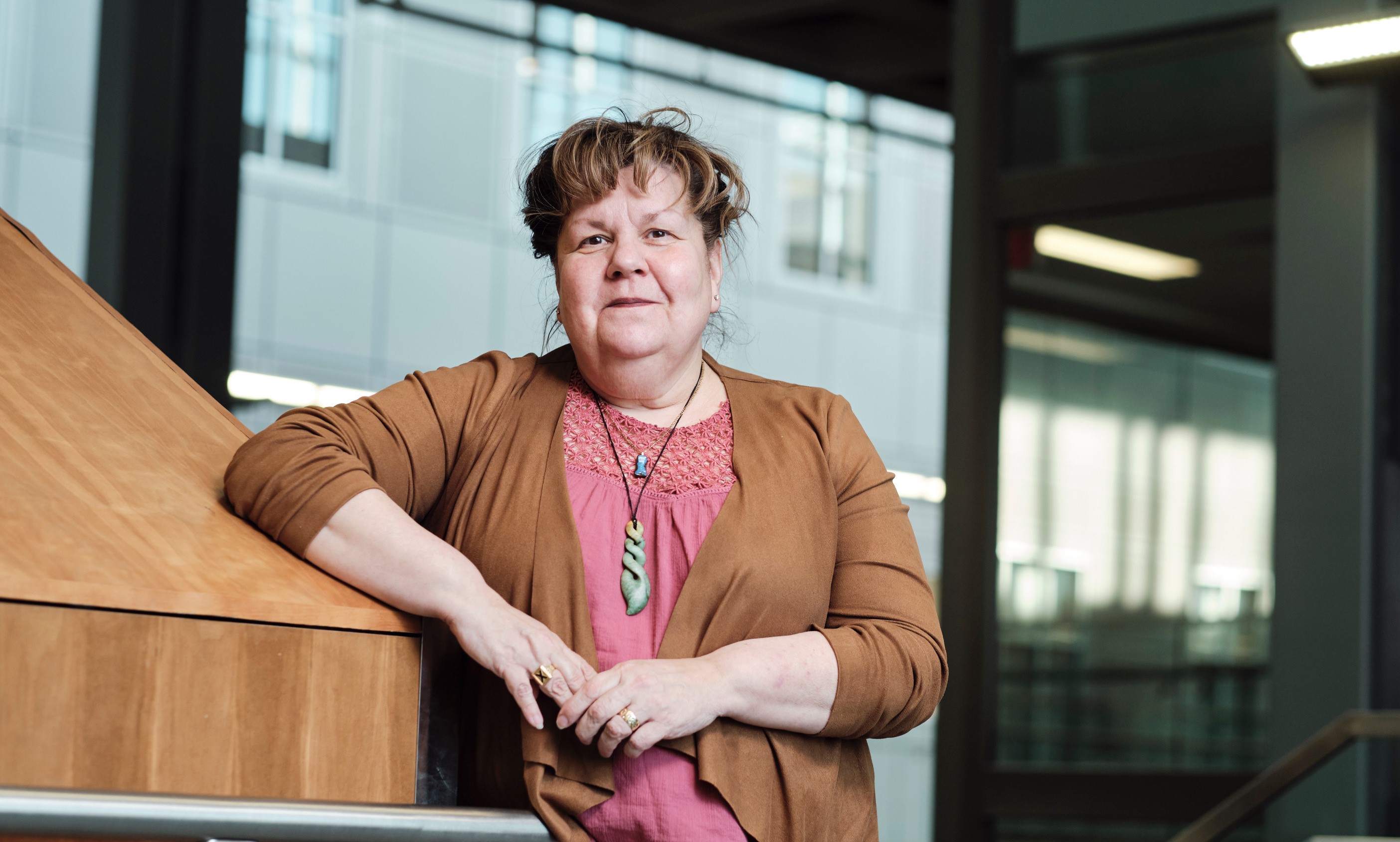
Indigenous wellness through 'slow' research, with Alexandra King
Like the "slow food" movement, Dr. Alexandra King promotes "slow research" when it comes to Indigenous people's health and wellness.
By Researchers Under the Scope
Listen to all episodes of Researchers Under the Scope podcast.
Subscribe to the podcast on Spotify or Apple Podcasts.
As a First Nations physician, and the Cameco Chair in Indigenous Health and Wellness at the University of Saskatchewan, King wants Indigenous elders and people with lived experience to lead and shape more health research.
"What does knowledge translation look like if it's being done on a very personal level?" asked King. "We're now finding new and interesting ways of going about this."
When interviewing people who've experienced chronic conditions, homelessness, addictions, or abuse, she said researchers bear an ethical duty to avoid inflicting pain or harm on the people they're interviewing.
"If you bring someone into a dark place, it's really important that you bring them back into light," said King, who said Indigenous spiritual beliefs and ways of knowing carry healing power.
Incorporating those beliefs, lived experiences and ways of knowing broadens the ways medical professionals can heal and encourage wellness with Indigenous people.
"When they're done the interview, they're feeling much better about themselves," King said.
In this episode, King challenges the traditional academic approach to health research, along with its outcomes for Indigenous people.
